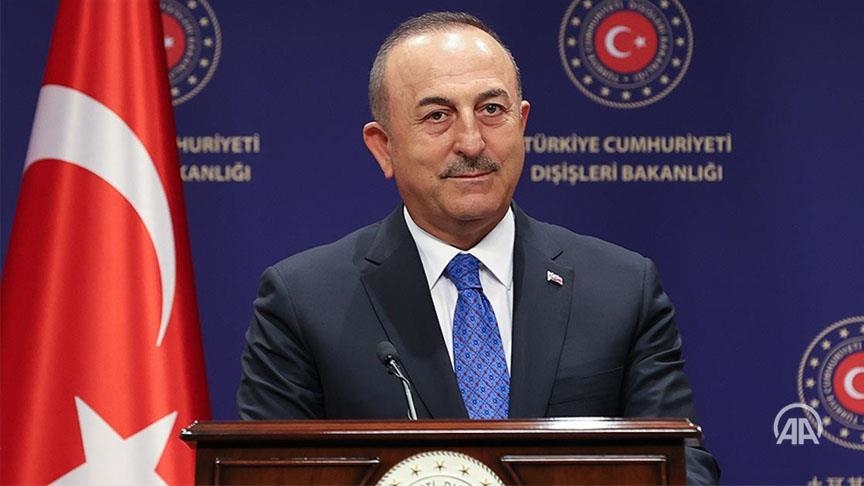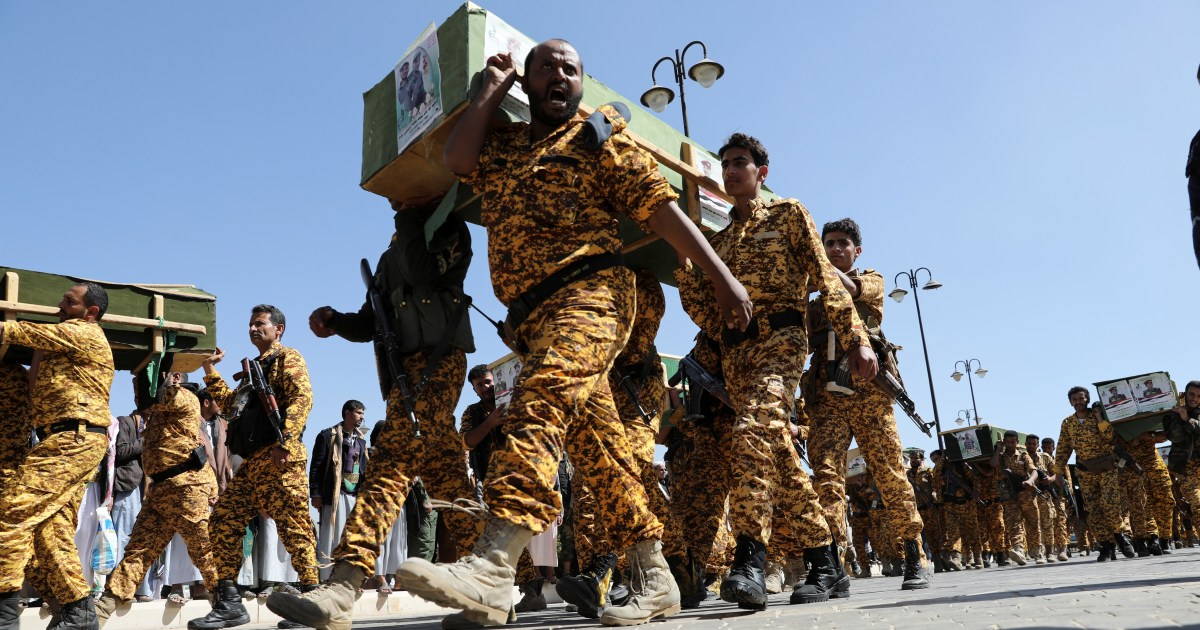Kosovo
Spreading all over the world, the Albanians in general live in the southern part of the Balkans. According to the conjectural data, there are some 6 million Albanians living in this region.
The Albanians in this region spread to three different countries: Albania, Macedonia and Kosovo. The 95% of the public in Albania, 35% in Macedonia and 90% in Kosovo have Albanian roots.
Both in Macedonia and Kosovo, there are separatist Albanians, who are in favor of gathering the region, where largely Albanians live, under a single structure. The separatist movement of the Albanian minority, which broke out in 2001 in Macedonia, was prevented and they were convinced to live in Macedonia on condition of meeting their demands.
The idea of unifying Albanians under a single state is mostly brought on agenda in Kosovo. This idea targets to reunify the Albanian territory, which was divided upon Yugoslavia’s dispersion, by gathering all ethnic Albanians in various regions. The decade long Kosovo dispute is a tragedy stemming from the geographic, historical, ethnic, religious and social conditions of the Balkans.
The minority Serb pressure on Albanian majority decreased after the Yugoslavian Constitution recognized Kosovo as an autonomous region in 1974. However, Serbian President Slobodon Milosevic lifted the autonomy of Kosovo in 1989 and started a repressive policy on Albanians. In 1991, although Serbs opposed, Kosovian Parliament was founded as a result of the general elections. The same year, Kosovo’s independence was declared after %99.87 of the public voted for independence. Albania recognized Kosovo’s independence and Bosnia, Croatia and Slovenia gave support.
"Kosovo Army of Liberation," known for its soldiers trained in Iran and Pakistan, had emerged in this atmosphere in 1996. The main reasons for the events started in Kosovo on February 28, 1998 were; Serbs’ demands for "territorial integrity" and "unitary state" and the Kosovian Albanians’ demands for "self-determination" and "Independence."
After the NATO bombardment to end Serb pressure on the ethnic majority Albanians under Yugoslav President Milosevic, Kosovo was given to UN control in 1999. Under the UN’s 1244 resolution, an interim UN administration was formed for Kosovo establishing its own democratic administrative institutions.
This resolution points out a three-year transition process. The administration of the region will gradually be left to the region’s own institutions after the elections and the establishment of a democratic environment, in which each citizen’s participation will be provided.
The region has to fulfill eight United Nations standards to set the final status of Kosovo. Adopting democratic values, recognizing the rule of law, carrying out the economic reforms and recognizing Serbs’ minority rights after their return to the Serbian refugees, launching dialogue between Belgrade and Pristine are among those standards.
The negotiations will start for determining the final status of the region in 2005 if Kosovo fulfills these conditions. The Contact Group, which will carry out negotiations, consists of Britain, France, Germany, Italy, Russia and the US.
The form of the final status is uncertain. The new status of Kosovo may either be a return to the autonomy gained with the 1974 Constitution or standing as a third republic forming the federation besides Serbia and Montenegro. Certainly, Independent Kosovo is also among the alternatives. In fact, Kosovo public wants full independence and the will for independence forms the basis of their fight.
Although the Albanians in Kosovo have accepted the UN’s mediation, their main goal is to separate from Serbia and then either stay independent or unite with Albania. On other hand, it seems difficult to reach an accord in the region as the Serbian officials in Belgrade and the Serbian minority in Kosovo insist on returning Kosovo to Serbia.
For this reason, Albanian prime minister’s first official visit to Kosovo on 1 March 2004 and the content of this visit carry vital importance. How domestic political structure will be shaped in Macedonia will be important the next period in terms of maintaining stability in the region. The possible joint action of the separatist Albanians both in Macedonia and Kosovo carries great importance for causing a serious tension in the region.
The Western countries, NATO and Macedonia, which will be the most affected country in the region, oppose Albanians gathering under a single state roof. An independent Kosovo may engender Macedonian Albanians to ask for their own independence.
Dispersion of Macedonia can draw Greece and Bulgaria, which covet these lands, into a depression and cause a great fire in the Balkans.
Indeed, an independent Kosovo may threat the regional balances and drag the world to the days that would change the Balkan map. However, there’s a point that should not be neglected: Would Kosovo accept any status other than "independence"? On the other hand, any solution to be proposed besides independence would cause repetition of the event occurred in the past. The history would repeat for Kosova.
Preventing the possible problems stemming from declaring the independence of Kosovo, recognizing their independence would engender more peaceful results than refusing. In this sense, there will be need for showing new horizons to Albanians and bringing new solutions on agenda. All Albanians should be inclined to gather under a European Union roof rather than gathering under a single state structure.
In order to achieve a stable, peaceful or confident atmosphere in the Balkans, overcoming the Kosovo dispute as soon as possible and in the most satisfactory way carries vital importance.


